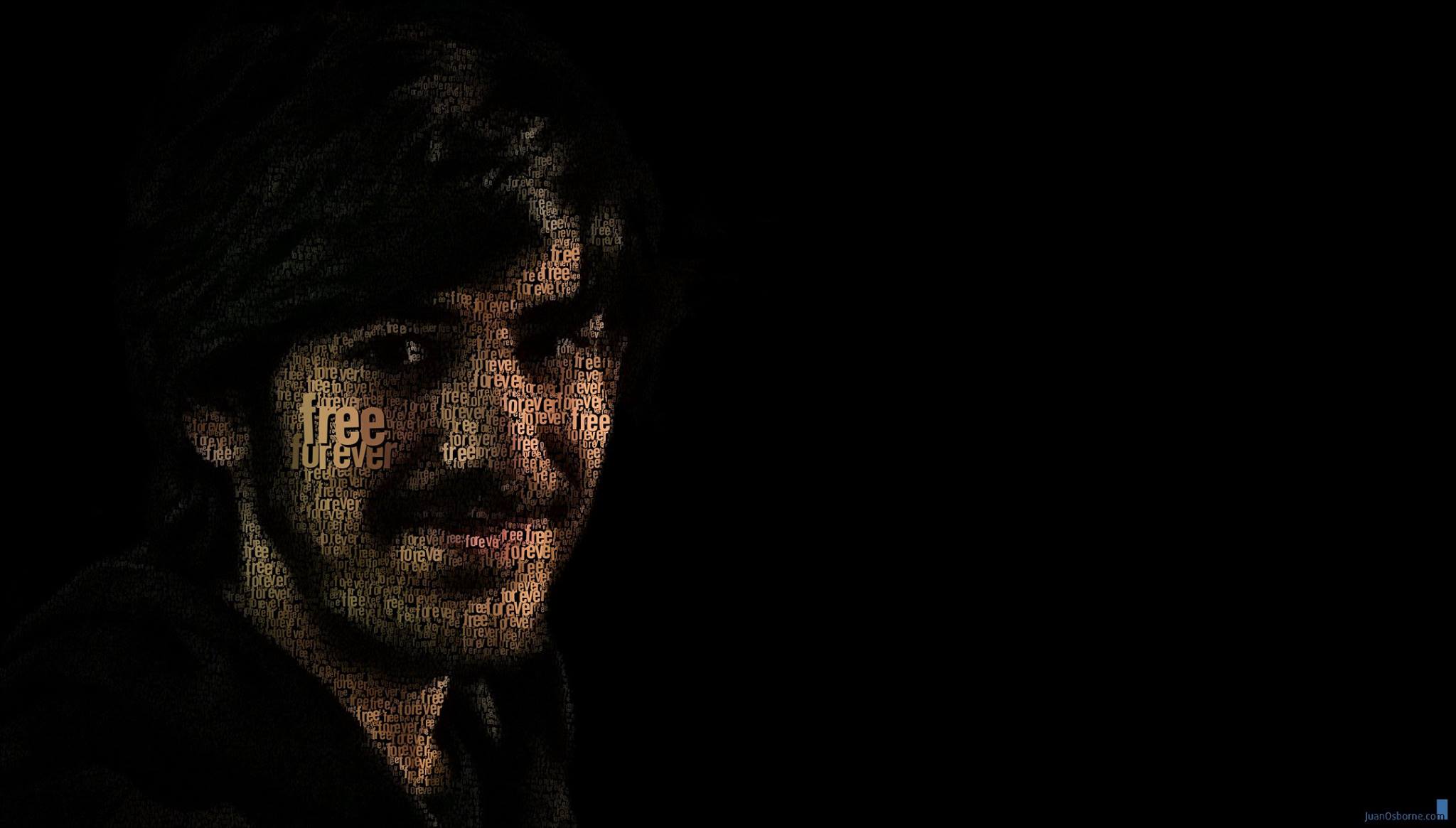If you’ve ever Google searched for an image, you’ve encountered two of the strongest tools for digital builders in the modern age: Creative Commons (built by Lawrence Lessig) images, and Linux servers.
Google is built on the back of Linux servers, made possible by a collaboration of digital builders who claim no money, but rather build free software—free in the sense of free speech, not free in the sense of free beer, though most versions of Linux are free in both senses of the word.
Any image you find that is tagged with Creative Commons licences can be used, often with simple attribution. You can use it to build out your next website, your next slide deck, your next sales pitch: whatever you wish.
All you are asked to do is to pay it forward. Give the creator a link. Help contribute to open software.
Both of these systems rely on a simple principle: builders should be free to call upon a shared heritage, and move it forward to the benefit of all. Free software has been the kernel that has powered the distributed innovation of this age, from the multi-billion dollar successes of consumer apps like Facebook to Twitter, to entire industries based on big data to 3D printing.
At Facebook, we have always been strong advocates of open software. From our earliest days – when the site was built on PHP, MySQL and memcached – we’ve been privileged to stand on the shoulders of open source giants. https://code.facebook.com/projects/
What the richness of open web culture has shown us is that everybody should benefit from a shared and rich tapestry of collective creativity and building. One voice, one vote, and a system that encourages the little guy to get what they can, and pay it forward—this has led to the creation of projects of incredible strength.
Politicians would do well to head the many they are entrusted to represent, and not the few that can buy their time, because this sort of innovation hangs in the balance.
The Supreme Court disagrees. Money, after all, is free speech. It is not to the creators of a vast and rich intellectual heritage that benefit should accrue: it is to the takers, even those who have avoided the law to make it to where they are.
Disney’s movies, based so closely on the Brothers Grimm. Hollywood, moved to the West Coast to avoid Edison’s patent fees. Apple, and Microsoft, built on initial prototypes of others, and stealing. The irony is palpable, but inevitable. The rebel who becomes the incumbent seldom remembers it. Moats are entrenched so that nobody else can join. After all, there are shareholders to look after: shareholders beholden to material wealth and cultural poverty.
That the incumbent has so much access to the system means that the system will always favor those who are seeking to capture creation rather than build on it. Or as Lessig put it: “the government is dependent on the few and not on the many.” And those few are often very focused on ensuring that they remain the few with the ability to influence.
A government that really listens to only a section of its’ people will oversee a stagnant system counter to the innovation that is powering the 21st century. It will fundamentally betray the tenets of its’ own creators: “Madison told us that ‘the people’ meant ‘not the rich more than the poor,’ ” Lessig said. It will mistake money for representation, and ignore what made America great.


